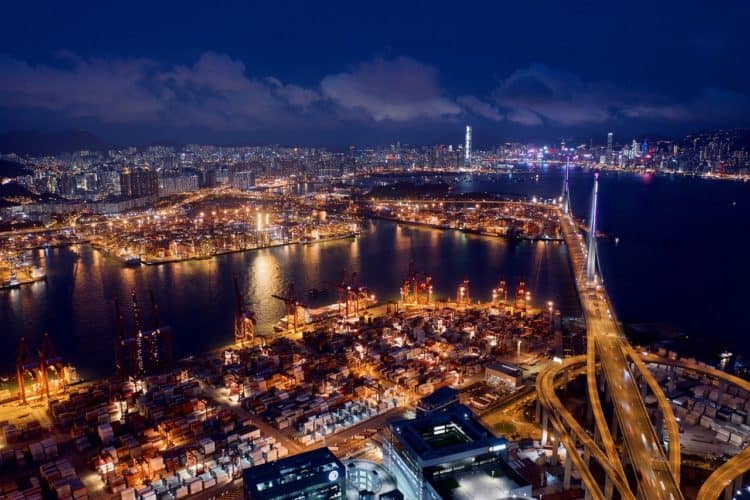Hong Kong’s economy is poised to rebound strongly this year, before moderating toward trend growth next year, said ASEAN+3 Macroeconomic Research Office (AMRO).
With growing external uncertainties and geopolitical risks, it would be important for Hong Kong to further diversify its economic base, widen its global reach, and continue to address structural challenges such as ageing population, housing supply, and social inclusion, AMRO noted.
Economic development and outlook
“Hong Kong’s economy is expected to rebound by 4.7% in 2023, before moderating to 3.3 percent in 2024,” said Dr. Jae Young Lee who leads the AMRO team. “The economy and its financial system have remained resilient, underpinned by large fiscal and foreign exchange reserves as well as a strong and well capitalised banking system.”
Hong Kong’s economy contracted by 3.5% in 2022 due to the strict mobility measures to contain the fifth wave of the COVID-19 pandemic and the decline in external demand amid a down cycle in global trade, AMRO noted.
With the lifting of containment measures and shift towards endemicity in Hong Kong and Mainland China at the end of last year, the economy rebounded strongly in the first half of 2023, primarily driven by robust domestic consumption and a surge in inbound tourism, AMRO added.
Economic growth in the remainder of 2023 and in 2024 will be boosted by further normalisation of cross-border travel and tourism and the provision of targeted fiscal support, AMRO predicted.
Inflation may face some upward pressures, reflecting the economic recovery and the tightening labor market, but should remain moderate for the rest of 2023 and 2024, AMRO said.
Risks and vulnerabilities
While Hong Kong’s near-term growth outlook has improved, uncertainties remain high and downside risks are pronounced, AMRO warned.
A protracted global trade down cycle is a significant concern, given the economy’s heavy connections with the global economy, the organisation said.
A higher-for-longer US policy rate could lead to tighter-for-longer domestic financial conditions in Hong Kong, dampening its investment and consumption, AMRO predicted.
The outlook for Hong Kong’s property market appears challenging, which could dampen the sentiment of households and firms, the organisation added.
A faltering economic recovery in Mainland China would also weigh on Hong Kong’s economic growth, according to AMRO.
In the medium term, Hong Kong’s vulnerability to an escalation of US-China tensions and a broadened geoeconomic fragmentation is a major risk, AMRO said.
Addressing near-term supply-side constraints is essential to bolstering a fuller economic recovery, AMRO advised.
To ensure a full recovery in sectors such as tourism and transportation, it is crucial to resolve supply side issues in human resources and to continue providing support to firms, AMRO pointed out.
The linked exchange rate system remains an effective framework in maintaining Hong Kong’s financial and external stability, AMRO noted.
This policy regime has proven resilient through multiple episodes of heightened stresses over the past decades, the organisation stressed.




